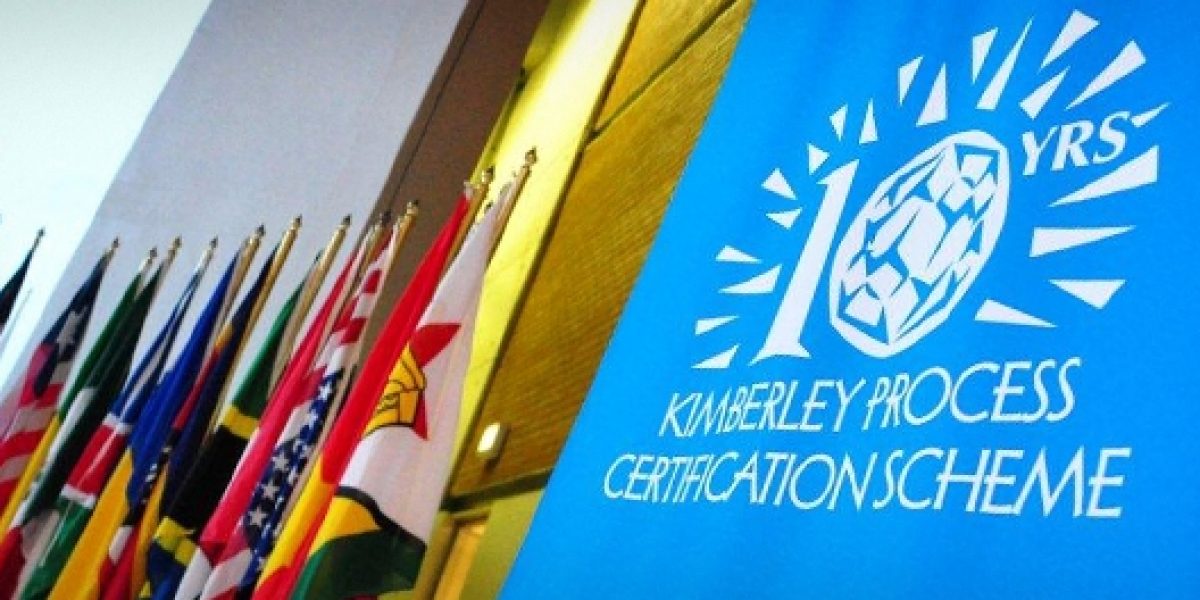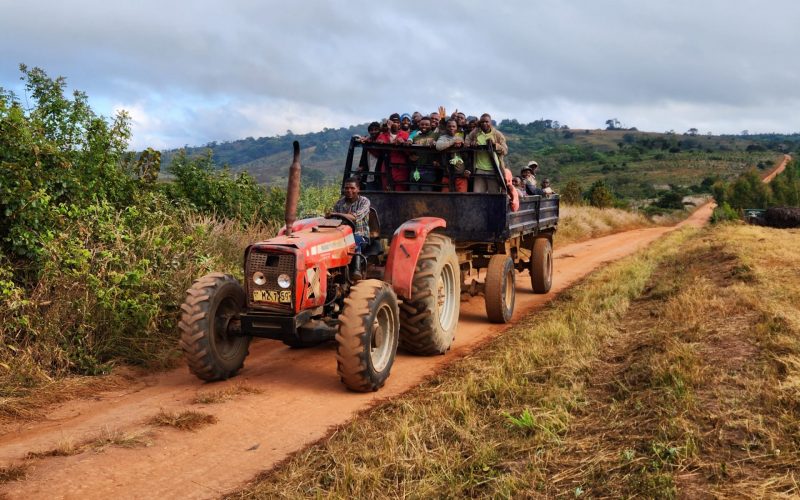Unbroached reforms
At the top of campaigners’ demands is the need for the KP to agree on a broader definition of conflict or blood diamonds. This stems from the widely recognised failure of the framework to hold its state parties to account for human, environmental and other rights abuses in diamond-producing areas, whilst clamping down on rebels’ atrocities.
The plenary progressed little on this key question of definition, providing vindication for critics. Groups like the Global Witness – having played a lead role in founding the KP – now see its processes as outdated due to the “refusal to evolve and address the clear links between diamonds, violence and tyranny.”
Reformers’ demands also include “making mandatory the control and licensing of diamond mines and offering effective security and licenses to artisanal miners if needed”. Most poignantly, Welile Nhlapo, the outgoing SA chair, himself conceded at the conclusion of the proceedings that it has become clear “once again that there is no way that you can agree on any text for a new definition”.
In theory, Civil Society Organisations (CSOs) play a part in the KP’s decision-making process along with the highly influential diamond industry stakeholders. However, only government members get to vote. Changes such as expanding the definition of conflict diamonds require a consensus among the state parties. Initially one of the reasons for the KP’s early success, this consensus approach now stands out as a major obstacle on the way to reforming it.
Calls have also been made for an overhaul of the KP so it can promote revenue transparency, encourage better interface with CSOs and restore credibility to its inspection and certification procedures. Leading KP voices including the incumbent chair have instead cautioned against excessive institutionalisation. Rather than a full-fledged permanent secretariat that campaigners have clamoured for, an experimental “Administrative Support Mechanism” was established in mid-2013 based in Antwerp, Belgium, to support the South African KP chair. Whether the entity can perform the research, documentation, stakeholder interface and learning functions that the KP badly needs is left to be seen.
Exemplar of change
Ultimately, reform has to come from within if the KP is to maintain relevance. Rather than deflecting change, it could emulate the reformist orientation of similar frameworks like the Extractive Industries Transparency Initiative (EITI). Criticism was once rife that EITI wilfully ignored revenue flows at the contractual stage of extractive projects. The framework has moved nimbly to respond to such criticisms, extending its coverage to the fiscal and contractual negotiation stages. In the process, it also attracted new adherents, including the UK (which helped establish the EITI, then refused to join it), France, the US and Australia (which recently completed an EITI pilot).
Many rapid changes are taking place in the extractive governance space, globally, nationally and at grassroots level. The KP’s key architects and influential state members and the diamond industry will do well to take these on board. That will significantly enhance their chances of adapting the framework to become one that is fit for purpose and fully responsive to the governance-enhancing reforms that currently stand out as its blind spot. On the evidence of this year’s plenary and its underwhelming outcome, the KP proponents require a greater sense of urgency and better situational awareness if they are to rescue the framework from imminent irrelevance.
Related Materials
- Video: “South2North : The dark side of diamonds“, a panel featuring Dr. Bello, produced by Al Jazeera (November 2013)
- Video: Congo: the curse of riches, a panel featuring Dr. Bello, produced by Voice of Russia (July 2013)
- Policy Briefing: Zimbabwe’s Marange Diamonds and the Need for Reform of the Kimberley Process, by Tyanai Masiya and Alex Benkenstein (February 2012)
- Opinion piece:The Kimberley Process risks becoming irrelevant to cogent concerns, by Dr. Bello(October 2013)
- Opinion piece: Mining and Minerals for development: Making the case for Africa, by Ichumile Gqada (November 2012)








